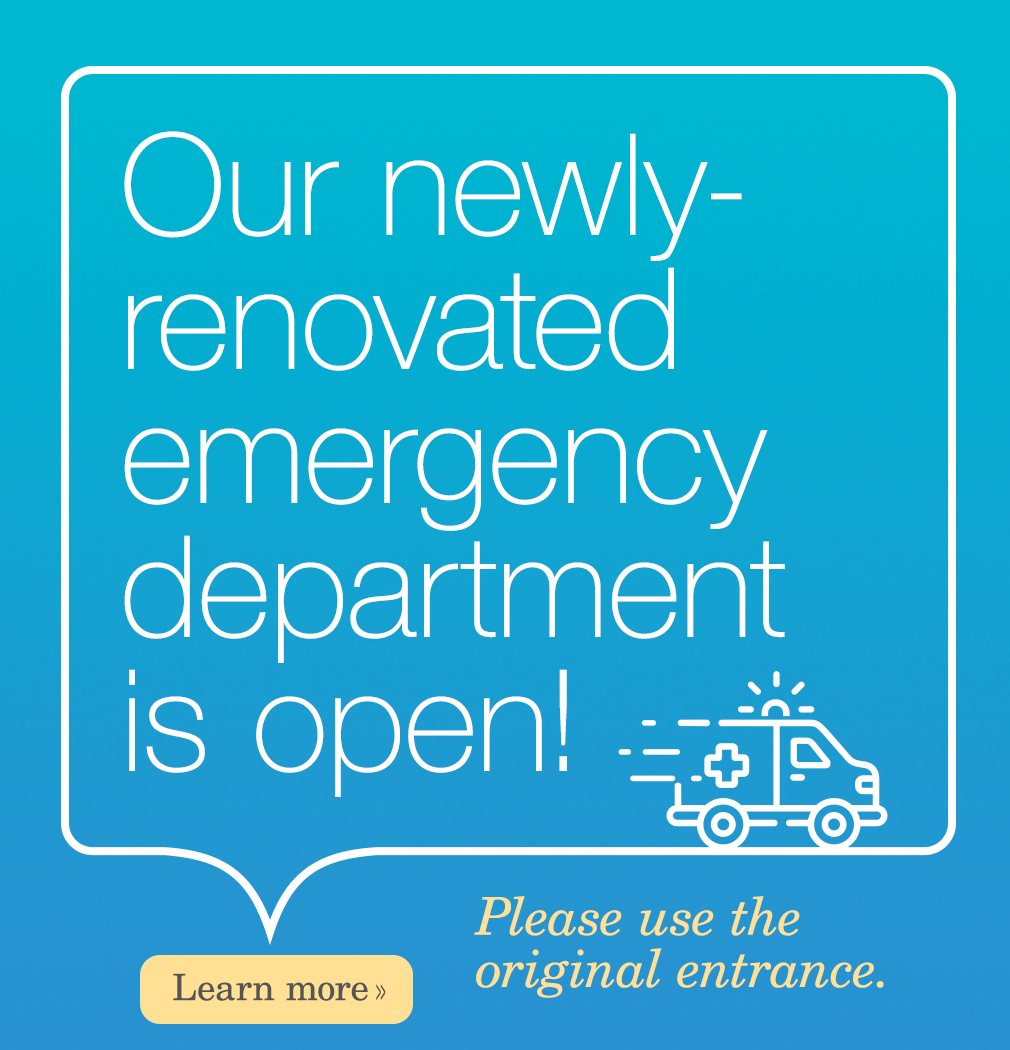

Are There Promising Advances in Opioid Treatment Locally?
Yes, we are seeing promising advances in opioid addiction treatment within grant-funded work that is happening here in our community through Northwestern Comprehensive Pain and our community partners. This is just part of the important work we need to be doing as a community to help address concerns about opioid abuse and other addictions.
Over the past several years, communities throughout Vermont (and across the nation) have experienced increases in opioid misuse, addiction, overdose deaths, and treatment. In 2015, NMC worked with VT Department of Health, Dartmouth College, Dartmouth Hitchcock Medical Center, Rutland Regional Medical Center, West Ridge Center, and Chittenden Clinic to secure a three year federal grant from the Substance Abuse and Mental Health Services Administration to expand services here in our community (and the other participating communities).
In talking with our grant team, they report that “The grant provides NMC with nearly $200,000 annually to provide accessible, effective, comprehensive, coordinated care, and evidence-based medication assisted treatment (MAT) and recovery support services to individuals with opioid use disorder. Focusing on individuals directly involved in the criminal justice system, child welfare system and those on a waiting list for MAT, the program creates greater connection between NMC Comprehensive Pain, the Department of Probation and Parole, Department of Children and Families, The Howard Center, Franklin and Grand Isle Restorative Justice, and Turning Point.”
“The grant, which began in January of 2016, has reached 78 new patients. The increase in patients has resulted directly from the work of NMC MAT Coordinator, Chelsea Poland to improve the referral process between the Howard Center, Department of Corrections and directly from residential programs. Chelsea has also worked with the Franklin and Grand Isle Restorative Justice Center to offer substance use assessment and education on MAT services including Naltrexone within the correctional facility for those re-entering the community. Naltrexone differs from other MAT treatments in that it can be offered monthly, does not offer a “high” and therefore has no street value. The program has also worked with Turning Point to offer Nurturing Fathers Program to better support dads in recovery.”
“Currently, the program is working with NMC’s Lifestyle Medicine Department and the Comprehensive Pain practice to develop a Passport to Wellness coupon booklet. Many individuals lack the full resources to engage in activities to support a recovery-based lifestyle. By offering financial assistance and incentives, we will see more individuals participating in these activities, and in turn see an increase in positive outcomes for sustained recovery and overall well-being.”
While we are too early in the process to document enhanced sustained success rates in recovery through this approach, the preliminary reports and observations are very promising. Participants are engaged and motivated and those are key components to overcoming the disease of addiction.
At the same time, we welcome BAART to our community as they move through the process of establishing a much needed treatment ‘hub’ here in our community. This hub will provide a level of addiction care at the hub which is more intense than can be provided through the existing local ‘spokes’ within private physician practices, NOTCH, and NMC. With far more than 100 members of our community currently traveling daily to Newport or Chittenden County for that level of treatment, the need for a local is clear. Through collaboration, alignment, and referrals we can all work together to continue to expand and enhance the treatment of opioid addiction to help our neighbors and family members free themselves from the devastating impacts of this disease. We can each help with this effort by ensuring we properly dispose of any extra prescription medications which may be in our homes. This keeps those drugs from landing in the wrong hands and contributing to the problem. For more information on opioids and treatment and prevention, visit the Vermont Department of Health website.Thank you for your interest in this pressing community health priority and your support for expanded access to necessary treatment.
— Jill Berry Bowen, NMC’s Chief Executive Officer

